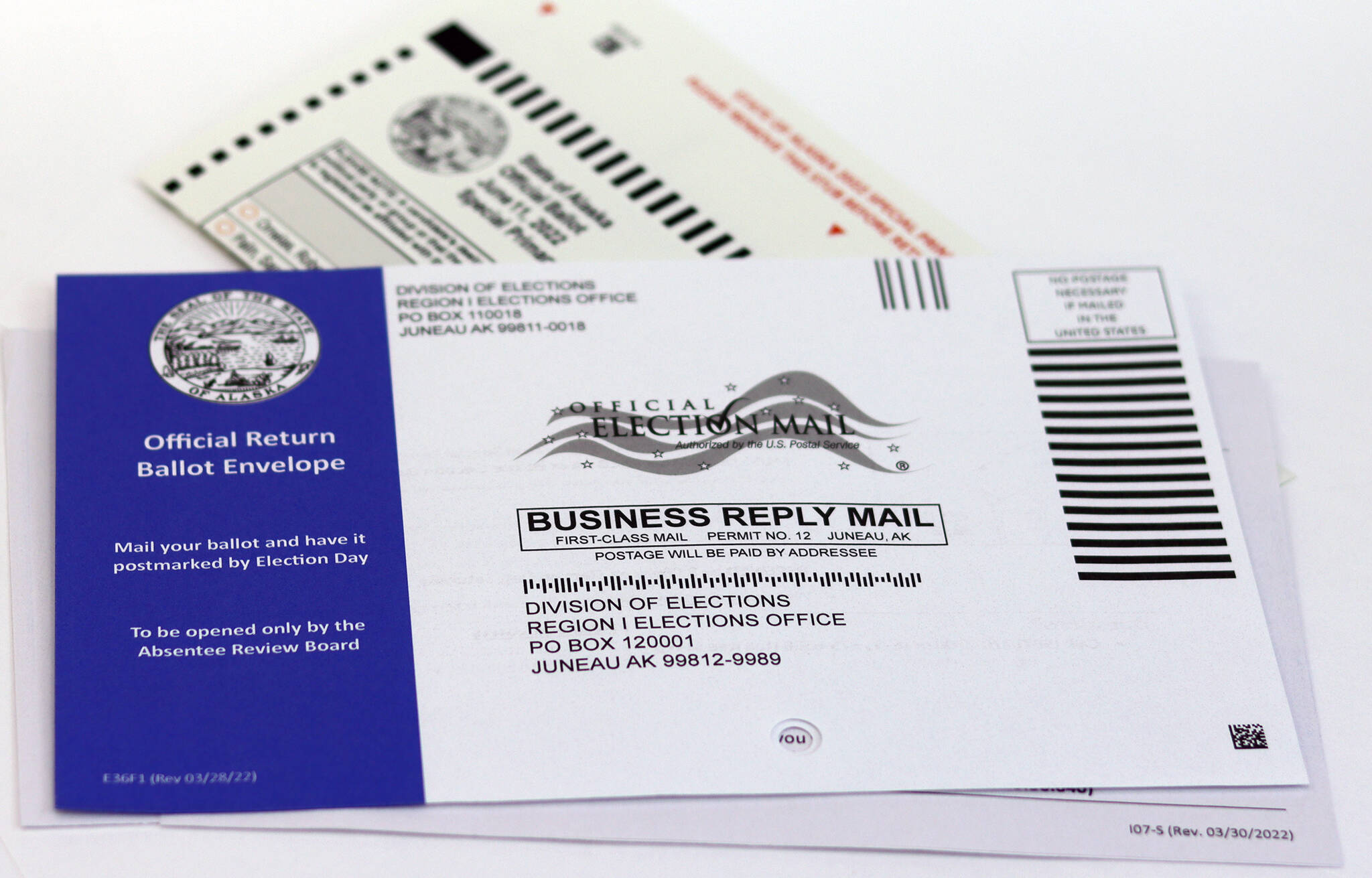By Rich Moniak
Jeff Lowenfels was at the bottom of my short list in the special primary election to complete Congressman Don Young’s term. Then Alaska Public Media asked all 48 candidates if they’d “support a ban on the manufacture and importation of semiautomatic assault weapons, as defined in the federal assault weapons ban that expired in 2004.” And Lowenfels won my vote with his unfiltered honesty.
“Absolutely” he replied. “Military style, semiautomatic weapons were not contemplated by the second amendment, but even if they were, I’d be in favor of the bans.”
Lowenfels isn’t he only one who understood banning such weapons is necessary to turn back the ugly tide of mass murder in this country. Within the 50-word limit imposed by APM, Santa Claus offered the most comprehensive answer. But he’s not competing for a full term. And it’s unlikely Congress will take any action on this issue between the special election and the start of the next session in January.
Now, it’s hard to write Santa Claus in a sentence about politics without explaining the two-term councilman and current mayor pro tem from the city of North Pole legally changed his name in 2005. “YES – IF AMENDED” (emphasis original) began his reply to the question. He then pointed to loopholes in law and called for additional changes.
One problem with the original law is it banned 18 specific weapons and similar models that had two specific features. But gun manufacturers could evade the law’s intent by making slight modifications to those. The law also allowed the resale of any banned weapon that had been manufactured before it went into effect.
It’s no wonder that studies of the ban’s effectiveness found little to no measurable reduction of the crimes it targeted.
Adam Wool, a Democrat who currently represents Fairbanks in the state House of Representatives, believes “we need to limit access to these types of weapons but the details matter.” However, he wasn’t suggesting those loopholes be closed because the “ban that was previously in law was acceptable.” The problem now is “it’s different political landscape.”
His response, as well as those from Chris Constant, Mary Peltola, and Al Gross, displayed one critical difference. There are too few candidates on the left with the courage to state an important fact—“Like most rights, the right secured by the Second Amendment is not unlimited.” It does not include “a right to keep and carry any weapon whatsoever in any manner whatsoever and for whatever purpose.”
Those words were written Justice Antonin Scalia in the majority opinion of the landmark District of Columbia v. Heller. It represented the first time in American history that the constitutional right of an individual to keep and bear arms was not connected to service in a militia. Scalia, the original originalist in interpreting the Constitution, went on to defend “the historical tradition of prohibiting the carrying of “‘dangerous and unusual weapons.’”
Simply put, Congress has the constitutional power to ban the ones in question.
Constant qualified his support for doing so by stating “We have to carefully navigate the Second Amendment.”
Without mentioning assault weapons, Peltola said she supports “the creation of a bipartisan congressional committee tasked with bringing common sense gun legislation” that “respects our 2nd amendment rights.”
Gross didn’t let the Second Amendment get in his way of supporting “universal background checks.” But he thinks that and a nationally standardized interview with local authorities constitute an appropriate level of scrutiny for anyone who “wants to buy an AR-15.”
Those positions concede too much authority to the Second Amendment.
And to Republican candidates who argue a national ban on assault weapons, or any other reasonable restriction on gun sales and ownership, violates it.
Michael Gerson referred to such beliefs as “somewhere on the far side of laughable ignorance.”
A former senior policy adviser to President George W. Bush and the Heritage Foundation, Gerson isn’t one of the 48 candidates. In the conservative commentary he writes for Washington Post, he’s free to speak his conscience.
That’s a challenge for candidates seeking public office. But voters who want sensible gun restrictions should think twice before supporting a candidate who is afraid to declare that the Second Amendment’s rights are not absolute.
• Rich Moniak is a Juneau resident and retired civil engineer with more than 25 years of experience working in the public sector. Columns, My Turns and Letters to the Editor represent the view of the author, not the view of the Juneau Empire. Have something to say? Here’s how to submit a My Turn or letter.

